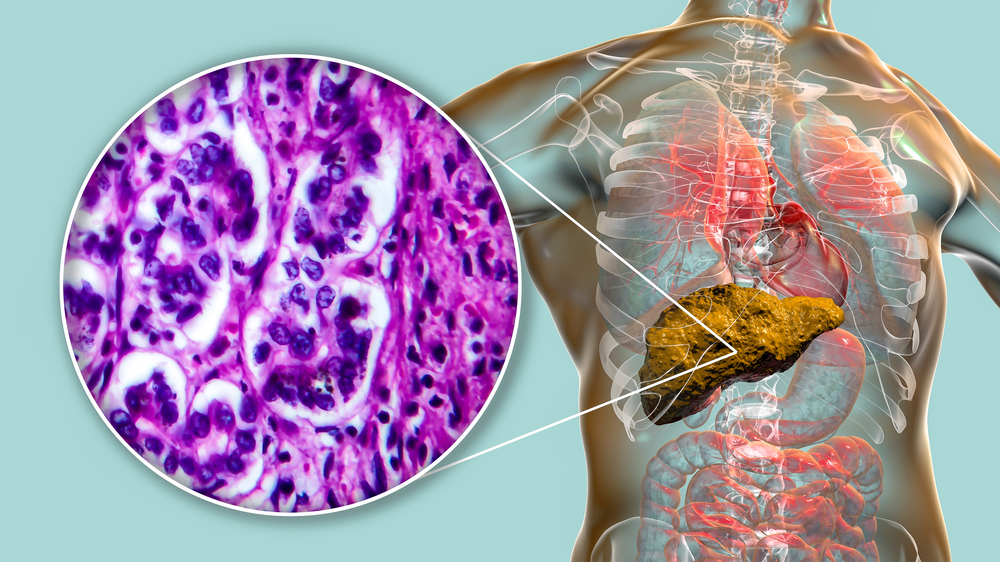Non-alcoholic fatty liver disease (NAFLD) and its severe form, non-alcoholic steatohepatitis (NASH), affect approximately 20% to 25% of the population and are linked to rising obesity rates and metabolic disorders such as type 2 diabetes and insulin resistance. NASH can progress to NASH-related hepatocellular carcinoma (MASH-HCC) in about 2% of cases annually, influenced by genetic mutations, carcinogen exposure, immune microenvironment, and the microbiome. MASH-HCC presents distinct molecular and immune features compared to other liver cancers and affects both genders equally.
Management of early to intermediate-stage MASH-HCC generally includes surgery and locoregional therapies, while advanced stages are treated with systemic therapies, including anti-angiogenic agents and immune checkpoint inhibitors. This review consolidates existing research and provides current insights into MASH-HCC development, including genetic variations, disease progression, multiomics analysis, and the impact of the immune microenvironment. It also explores targeted therapies and biomarkers to improve treatment strategies and patient outcomes.
Reference: Wang X, Zhang L, Dong B. Molecular mechanisms in MASLD/MASH-related HCC. Hepatology. 2024 Feb 13:10.1097/HEP.0000000000000786. doi: 10.1097/HEP.0000000000000786. Epub ahead of print. PMID: 38349726; PMCID: PMC11323288.



